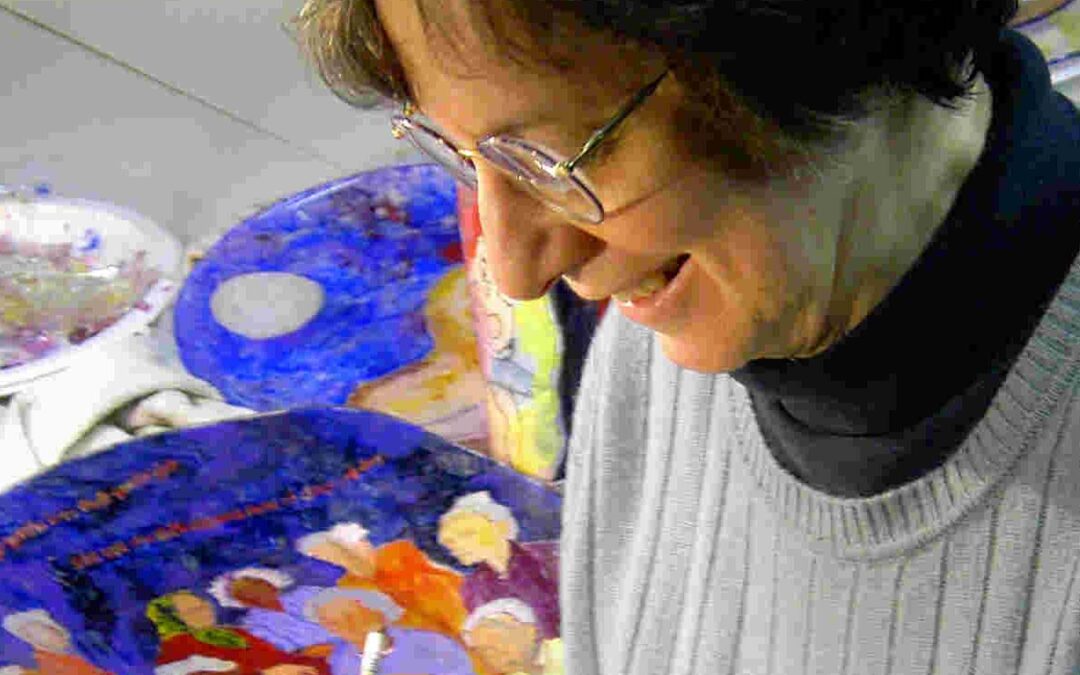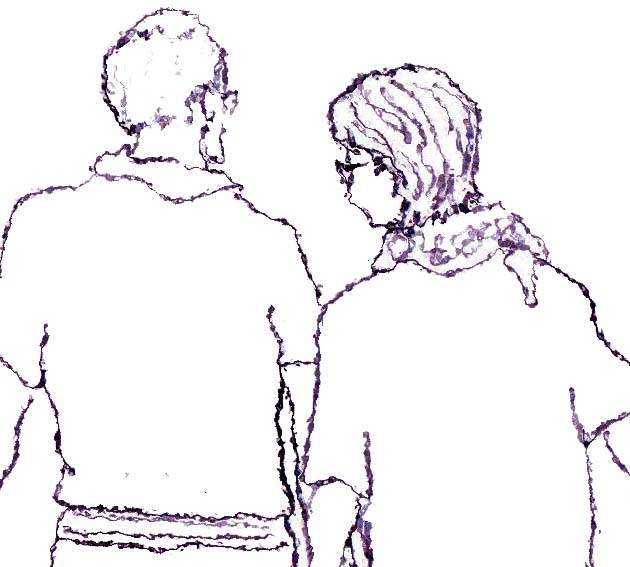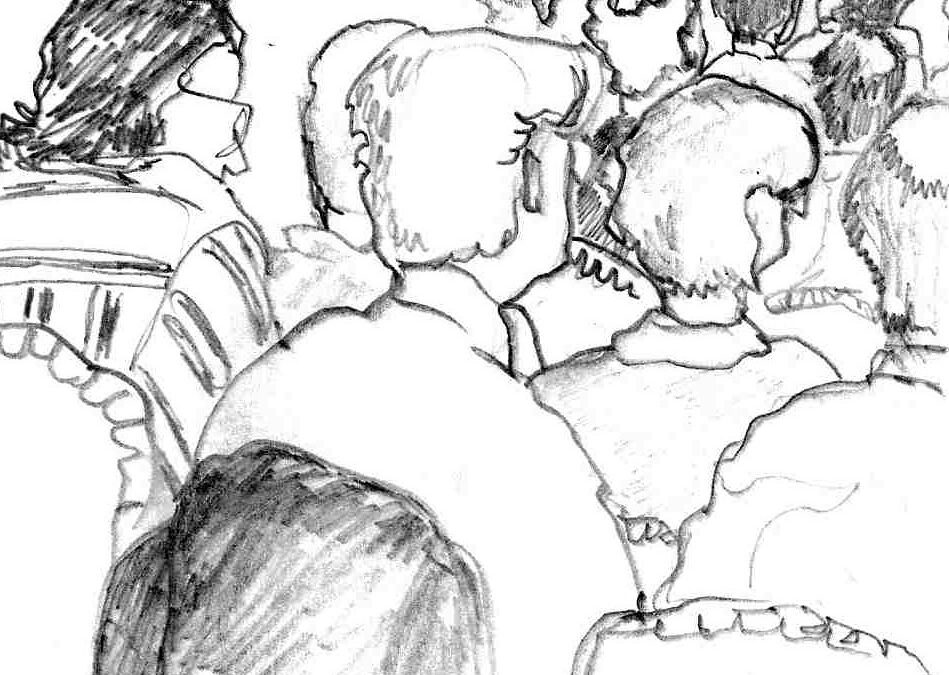
Jul 6, 2021
As you age and proceed into and through retirement, you may think about how you want to be remembered after you’re gone. Two of the specific questions you might ask yourself are: “what do I want to be known for” and “while I’m alive, how will I make a difference.”
Many people see their children and grandchildren as their personal legacy. What’s more important – having them or raising them properly? Have you encouraged them to be honorable people with good morals who give to others? What will they remember about you? What stories will they tell?
Presumably, you will want to be remembered positively by your family, friends, and community. Here are some tough questions to ask yourself:
What kind of person have you been?
- When you’ve interacted with family, friends, and strangers, have you treated them with kindness, respect, support, even love?
- Have you been a role model by doing great things and then teaching other people how to do them?
- Have you deepened your family relationships by preparing a family history, journal, photo album, or ethical will?
How have you given to others?
- Have you helped, inspired, and changed the lives of others?
- Have you created something of value and then given it to or shared it with others?
- Have you cultivated generosity by giving money or stuff to others, even to a beggar?
- Have you volunteered, especially using skills that you’re good at?
- If someone is lost (figuratively or literally), have you helped them find their way? Do you give them directions, advice, and encouragement?
- Have you given the ultimate gift – listening with your heart?
These actions are aspirational. You would have to be a saint to do all of them all of the time. But being a good person has its own rewards – for you during your lifetime and certainly for others whose lives you will have affected and improved.
What can you give of yourself to expand and enrich the lives of others?

Jun 22, 2021
When you think about retirement activities, you may look forward to consuming the arts, including going to museums, plays, dance performances, listening to music, and reading.
There is another level of participation in the arts – you can produce them. You can paint, act, dance, make music, or write. There are profound health benefits to the latter.
Dr. Eugene Cohen did the research through the National Institutes of Health. He evaluated the health of two groups of seniors aged 65 – 90, both of which were healthy and active. One group (artists) began to produce art at least weekly under the direction of a professional artist/teacher. The other group (non-artists) did not.
Over the space of a couple of years Dr. Cohen and his colleagues measured the health of both groups. Here is what they found:
- The artists ended up with better overall physical health than the non-artists. They needed fewer doctor visits and less medications. Their immune and hormonal systems were stronger. They fell less often.
- The artists also ended up with better overall mental health than the non-artists. They had less stress, loneliness, depression, and dementia.
- The artists were involved in more activities.
The researchers believe that participation in the arts helped in many ways. It demonstrated to the seniors that they could accomplish something that they previously had not done. It gave them more of a sense of control over their lives.
Participating in the arts increased their interactions with others. Painters were in painting classes. Actors acted with others. Musicians sang in choirs or played in orchestras or bands. And writers were in writing groups. All of them had teachers. And the artistic activities were on-going.
I can report that being an older artist is challenging and fun. I’m learning to play the cello, and I particularly enjoy playing duets with my teacher and others. My wife launched her art career at age 60 and teaches art to seniors.
What artistic venture would you like to participate in when you have more time and freedom to pursue it?

Jun 15, 2021
If you have a life partner, retirement will definitely affect your relationship – the relationship will get better or worse, and it’s up to you how this turns out. Although the incidence of divorce among retirees is low, the rate is rising, and it even has a name – “gray divorce.”
Retirement is a big deal, in part because of the emotional energy you invest in this transition. Like most people you have high expectations for what you’ll do with your extra time.
You and your partner might retire at different times. And you may have different hopes and plans for retirement.
This means that there may be many issues for the two of you to talk through so that you can resolve differences. Of course, you don’t have to do all of your activities together. In fact, you may want to give each other some space so that you can both act on your dreams when they differ from each other.
Communication is the key to working things out. My wife, who is my life partner, and I generally eat at least two meals together every day during retirement without interference of phone or TV. This gives us a chance to share what we each have on our agendas for the day and to exchange how things are going. We use this time as an opportunity to problem-solve, share ideas, and support each other in our separate- and together-activities. We make time for longer discussions if and when we need them.
It’s clear that we both place a high priority on our relationship and will go out of out way to be there for each other when we’re needed.
When we talk over a challenging issue with each other, we find that it helps to tell each other what we need from the conversation. Do we want ideas to solve a problem, or do we want helpful support? When we’re at our best, we’ll ask each other what we expect from the conversation.
When should you start these conversations with your life partner? Sooner is probably better.
What are some of the issues that you will need to work out with your life partner about how you’ll use your time in retirement?

Jun 8, 2021
As you grow older, your chances of developing a serious disease increase. Three fourths of all adults 65 and over have at least one chronic condition. Some of these diseases are preventable; most are manageable. But you need to know about them before you can manage them.
A friend of mine in his 80’s was having trouble walking. He fell frequently. He was convinced that it was a balance problem, which is regulated by his inner ear. But his inner ears were fine. It was a mystery. Eventually, he was diagnosed with neuropathy, the death of nerves in the feet. He couldn’t feel touching the ground, so he fell.
In his situation, his neuropathy was a result of an advanced case of uncontrolled diabetes, which he didn’t know he had. Why? He hadn’t had a routine physical in five years. He was convinced that he had no problems and therefore didn’t need to see a doctor.
In a routine physical examination, your physician listens to your heart, measures your blood pressure, and may then talk with you about your health and lifestyle. S/He may collect blood and urine samples and hand them to a technician who analyzes the fluids for a variety of metabolites. The levels of the metabolites give hints about your internal health. If you catch problems early, you have a chance to manage them before they get too serious. You can have much better outcomes.
Several years ago, my physician noticed that my iron levels were low. The solution for me was just taking a few iron pills every day. It cured the problem, at least for now.
We discovered that I had diabetes 20 years ago, I changed my diet, exercise, and gradually some of my medications so that it is still under control to this day. I miss eating some sugary foods, but I’ve not yet developed side effects from the disease.
When was the last time that you worked with your doctor on your health?

May 25, 2021

May 18, 2021
Chuck, a retired physician, tutors school age immigrants in English. Pam watches her young grandchildren while her daughter works. Jack, a retired attorney, spearheads an effort to register voters and get out the vote. At the local library Bob, a retired pharmacist, counsels individuals on the interactions of the multiple drugs they are taking. Joel, a retired attorney, volunteers for legal aid and tutors young students are growing up in challenging environments.
I am inspired by these people. As I thought about my own retirement, I knew that I wanted to do something important. Creating a career in retirement coaching was one activity I chose, but I aspired to do more. I wanted to use my skills and strengths in whatever I chose to do to help others,
I became excited about the possibilities when I heard the story of Summit Academy, a vocational school in Minneapolis servicing those most in need. They have a GED program for high-school non-completers to get a diploma. And they teach the skills needed for low (or no) income people to get entry-level jobs in construction, health care, and IT areas, three areas in high demand. They have arranged for many employers around town to provide internships and jobs for their graduates.
When I heard this story, I began to wonder what their lives will be like when they finished the program. Some of the graduates may not have much experience handling money, and they might not make good decisions about it.
I realized that I had a lot of skills and experience to offer. I’m very experienced with money – both personally and professionally. And I love to teach – particularly if my students get inspired and do things differently and better. Here was a possibility almost perfectly made for me, where I could have a big impact on the lives of others.
I taught my first classes, on Zoom, to three cohorts of IT students at Summit Academy last week. I don’t know where this will lead. But I’m excited and hopeful. My retirement is enriched by this opportunity.
How can you get involved to have an impact on the lives of others?






